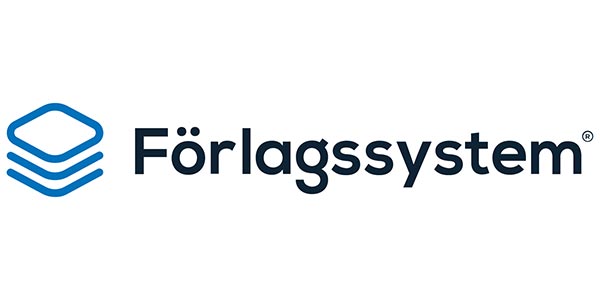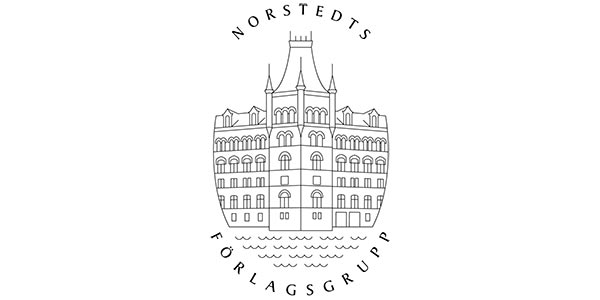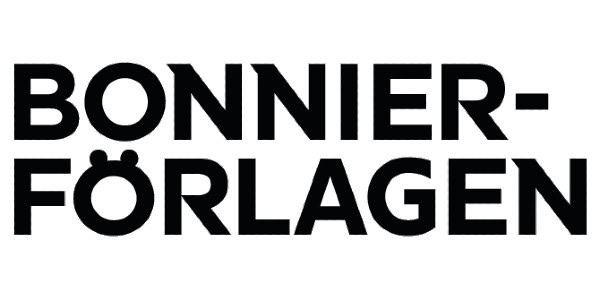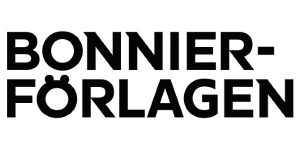
Meningsskapande samtal : en studie om barns meningsskapande med fokus på processer och innehåll relaterat till förskolans praktik

| Serie | Gothenburg Studies in Educational Sciences |
|---|---|
| Författare | |
| Förlag | Acta Universitatis Gothoburgensis |
| Genre | Pedagogik |
| Format | Häftad |
| Språk | Svenska |
| Antal sidor | 245 |
| Vikt | 526 gr |
| Utgiven | 2021-03-26 |
| SAB | Doef |
| ISBN | 9789179630560 |
This thesis aims to contribute to the knowledge of children’s meaning-making by focusing on processes and content in preschool practice. Meaning-making is understood as a situated process that emerges in the mutual interplay of a child’s previous and current experiences and the preschool practice in which the child participates and acts. Content describes what children create meaning about. The study is theoretically grounded in a sociocultural understanding of human development and learning. The methodological approach is based on John Dewey’s non-dualistic pragmatism concerning how meaning is constructed and shared between people who participate in a social practice. The research adopts Dewey’s concept of transaction to study children’s meaning-making as reciprocal, coordinated encounters with their environment. The analysis relies on 20 hours of video observations from two preschool departments in Sweden, which concentrated on communicative interactions between children and preschool teachers in which the participants together focused on a common conversation content and coordinated their verbal actions to develop or deepen the content. The results are interpreted with practical epistemological analysis (PEA), epistemological move analysis (EMA) and Dewey’s concepts of habit and custom. The results show that children’s meaning-making is a multidimensional process in which a child’s individual experiences and knowledge interact with situated scaffolding processes and customs in preschool. Teacher competence is a significant determinant of good conditions for meaning-making communication. When children create meaning in preschool, cognitive linguistic content is in the foreground, often intertwined with socialisation and care. The results suggest that focusing only on the social and cultural environment or on the content offered cannot provide an adequate understanding of children’s learning and meaning-making in preschool; it is also crucial to consider the individual dimension of the child, knowledge of the child’s previous experiences and how these factors interact with the child’s experiences in preschool.

























